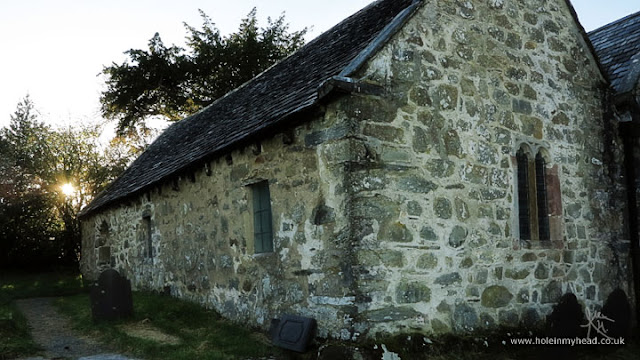One english man hated the Welsh enough to hang 5000 Welshmen. (Welsh history shorts. )
"was said to be disappointed and incensed when the first Act of Union was enacted in 1536, as he believed the Welsh could not be trusted as part of England" "As the lord president, on the direction of Thomas Cromwell, he set out to bring law and order to the Welsh regions. What ensued was a reign of terror, in which Lee decided the best way to deal with the 'lawless' Welsh was to convict and hang with impunity. Lee claimed to have hanged 5000 Welshmen in his five years; possibly an exaggeration, but in any event, indicates the character of the man described as a "great despiser of Welshmen" by Dafydd Jenkins."

